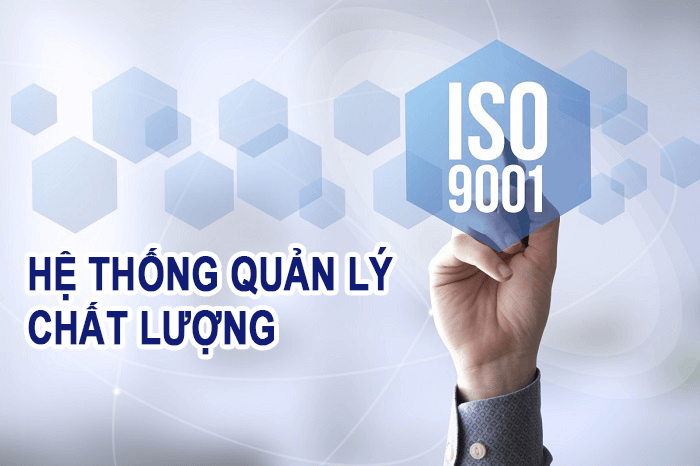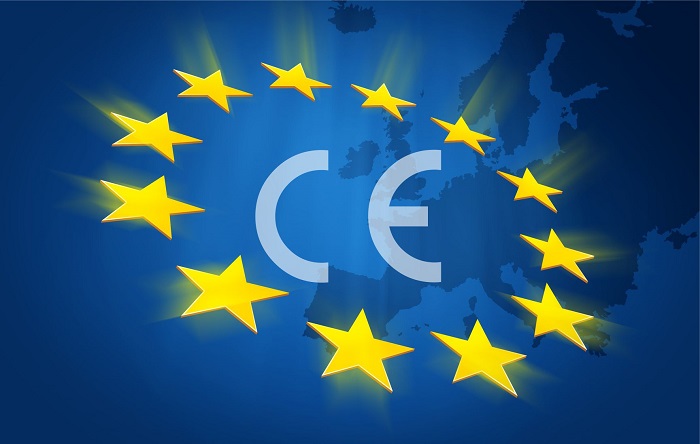1: When were ISO 9001:2015 standard and ISO 14001:2015 standard issued?
- International Organization for Standardization officially issued the new version 2015 of both ISO 9001 standard and ISO 14001 standard on September 15th, 2015.
2: When do enterprises apply the certification of new standards?
- Assessment and certification through the set of new standard can be made as soon as time of issue above.
- REFER: TRAINING - Certification ISO 9001:2015 | ISO Certification 14001:2015.

3: How long does the conversion into the new version last?
- As an announcement of conversion into the new version, the process of conversion will be completed within 3 years. In other words, current certificates of ISO 9001:2008 version and ISO 14001:2004 have been valid up to 3 years since the new version of standards was issued.
4: What are strengths of the new version?
- High Level Structure will help to achieve harmony between ISO standards and management systems. Furthermore, new standards emphasize market orientation and user frienliness. New standards stress characteristics and demands of companies that require a flexible writing system.
5: How is the structure of new standards?
The implementation of the same High Level Structure will be applied to all standards of standard management system, which aims at obtaining 2 important benefits.
1: Terminologies, definitions and more flexible structure can be used for all standards.
2: Standards will become easy to understand and integrate during application of new standards.
The structure of standards embraces 10 clauses like this:
1: Scope
2: Cited document
3: Terminology and definitions.
4: Context of organization.
5: Leadership.
6: Plan for management system
7: Support.
8: Operation.
9: Implementation evaluation.
10: Improvement.
6: Which risks/ problems are typically focused by new standards?
- The new version emphasizes risk management in the context of global changes. Risk thinking plays a vital role in this new version. Although standards do not require a particular risk management system, organizations must ensure they are capable of determining risks and taking proper measures. This standard does not have specific clauses about preventative measures. Organizations have more opportunities to detect risks in advance and have corresponding actions.
7: How do new standards mention stakeholders?
- According the version of new standards, organizations not only satisfy regulatory requirements and customers' expectations but also meet stakeholders' demands. This means that working standards have recently reached new versions. This is also a chance of achieving much-needed improvements and reducing risks.
8: How long does it take for additional evaluation time to update the version during the monitoring audit?
- Additional evaluation time to update ISO 9001:2015 standard or ISO 14001:2015 during monitoring audit will be calculated by at least 20% of monitoring evaluation time but not less than 5 working days.
9: Will the certificate be reissued if the version standard is updated during the monitoring audit?
- After accomplishing monitoring assessment, certificate will be reissued for organizations according to the version of ISO 9001:2015 standard or ISO 14001:2015 standard with the validity of 3 years. 2015 hoặc ISO 14001:2015 với giá trị hiệu lực tỏng 3 năm . Time of validity will be continued with the previous certificates. In other words, the expiration of certificates only corresponds to the next 3 years compared to old certificates provided that the recertification procedure was established within an appropriate period of time and improper clauses will be confirmed to overcome successfully before evaluation day.
10: Does a testing evaluation need making before the implementation of evaluation of version update by repetition?
- If any organization wonders whether their own management system can meet standards according to this new version or not, KNA stands ready to provide testing evaluation service before the implementation of evaluation of version update by repetition? Please contact with us through hotline: 093.2211.786 if enterprises need much information or make demands for testing evaluation.
11: If the version update was not combined in periodic evaluation or evaluation for certification by repetition, is there another way for the version update?
- A separate evaluation to update the new version of standard can be absolutely made. This is an additional evaluation among periodic evaluation. Time and cost of additional evaluation are more than expected if they were combined during monitoring or certificate assessment.
12: What must organizations do to register evaluation of version update in the next evaluation?
- After announcing the time of evaluation, KNA will mention the standard update of new version for organizations to come confirmation. The version update is encouraged to implement in evaluation of certification by repetition. If enterprises want to update in period of monitoring evaluation, please contact with KNA as soon as possible (at least 3 months before the expiration of evaluation)
13: If the evaluation of new version is carried out at the first certification, will organizations have to pay extra fee?
- The time of evaluation is unchangeable as usual so organizations do not have to pay extra fee if they carry out the first evaluation according to standards of new version ISO 9001 or ISO 14001.
14: The deployment of quality system construction according to ISO 9001:2008 or ISO 9001:2015, which one is easier than the other?
- The 2015 version will be deployed more easily and bring out more benefits because of its overwhelming advantages. There are other advantages of the 2015 version such as the reduction of some writing procedure. Organizations or enterprises entirely build up the set of documentation of appropriate quality management system by their own ways.
15: ISO 9001:2015 mentioned organizations must consider risks of process. What are they?
- As requirements, organizations need to have their own thinkings through risks throughout PDCA cycle. Risks are accessed by process. Any risk affecting customers' satisfaction also needs considering carefully.


